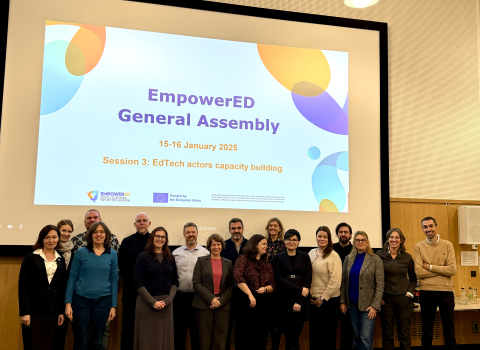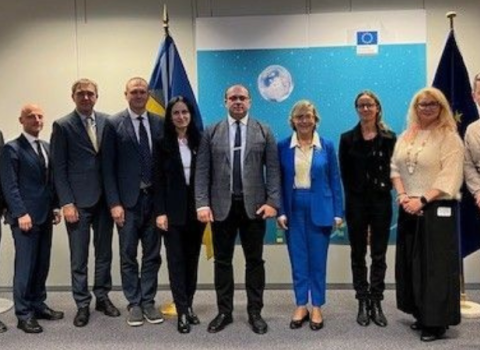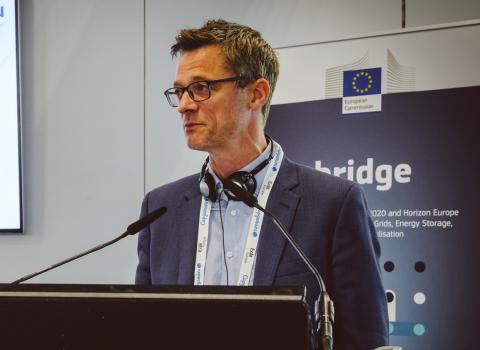Earlier in June the European Parliament passed a vote on recommendations for amending copyright law, agreeing to a much-debated text and data mining element of the European Commission’s proposal for EU copyright reform.
But while some provision on text and data mining has been allowed, the vote is nowhere near strong enough. The final text was neutered, believes Kurt Deketelaere, secretary-general of the League of European Research Universities (LERU). "The mandatory exception for text and data mining - which several MEPs suggested in their amendments - has now been reduced to the need, ‘to properly assess the enablement of automated analytical techniques for text and data’,” Deketelaere said.
Small wonder that academic publishers welcomed the Parliamentary vote, with Duncan Campbell, director of journal digital licensing at John Wiley & Sons, telling Science|Business, “It is true that in general publishers do not want a change to the law. Copyright reform adds uncertainty.”
There seems to be not one line in the sand, but three – those organisations and individuals that do not want a change in the law, representatives of the European Parliament who think that the recent vote is a triumph, and others who argue for further legal reform. Who is right?
Links and meanings
The growth in the power of digital delivery, the reach of global networks and new ways of conducting and disseminating research outputs (such as through the open science movement) lies at the heart of the debate about data mining. Think how sensational it would be for a researcher to be able to find links and meanings in hundreds of journal articles and conference proceedings, and the data which underpin these publications.
This is what data mining, using computer programmes to speed-read and interpret thousands of pieces of academic content, will allow. It will place a powerful intellectual repository in the hands of researchers working to address challenges such as food security, the rising tide of chronic disease and climate change.
Such new analytical methods have the potential to revolutionise how research is conducted.
Campbell maintains that, “Copyright reform adds uncertainty.” However, studies show that in jurisdictions around the world which have made legal accommodations for data mining, the level of activity is greater than in Europe, where legal uncertainty discourages this new approach to research.What is needed is a mandatory, cross-Europe exception for text and data mining for individuals to access research that cannot be overridden by contract and which applies to all materials to which an individual has legal access.
Publishing companies that do not want the current EU copyright framework to be changed point to licensing as the answer, claiming it would be easy for researchers to comply. But as the research charity the Wellcome Trust has shown, a researcher wanting to mine papers which include the word ‘malaria’ would need to contact 1,024 journals at a cost (in terms of time spent) of £18,630; 62 per cent of a working year.



 A unique international forum for public research organisations and companies to connect their external engagement with strategic interests around their R&D system.
A unique international forum for public research organisations and companies to connect their external engagement with strategic interests around their R&D system.